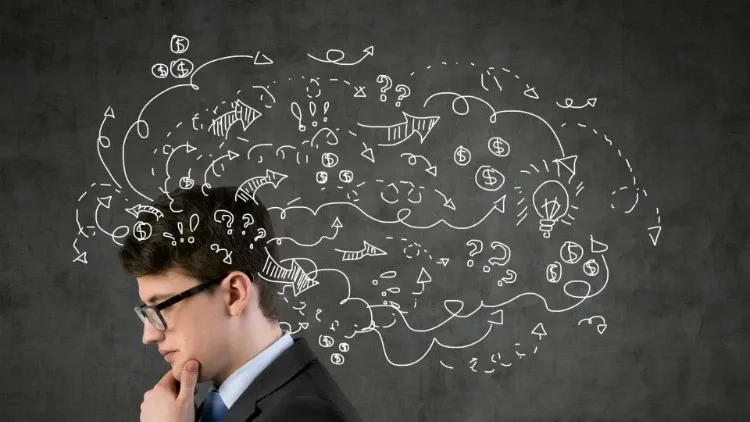



 Tech & IT
Tech & IT
 Business
Business
 Coding & Developer
Coding & Developer
 Finance & Accounting
Finance & Accounting
 Academics
Academics
 Office Applications
Office Applications
 Art & Design
Art & Design
 Marketing
Marketing
 Health & Wellness
Health & Wellness
 Sounds & Music
Sounds & Music
 Lifestyle
Lifestyle
 Photography
Photography
More Learnfly
Business Solution Become an InstructorEconomics is the study of how societies allocate resources to satisfy needs and wants. It analyzes production, distribution, and consumption of goods and services, exploring factors influencing decision-making, markets, and economic systems.












Learn more topics in various categories at one place. Explore unlimited courses in other categories and up-skill yourself today.

 Jazeb Akram
Jazeb Akram 4.2 771163 Beginner Level

 John Hedengren
John Hedengren 4.1 569070 All Level

 Ranjan Pandey
Ranjan Pandey 4.1 346736 All Level

 Muhammad Ahsan Pervaiz
Muhammad Ahsan Pervaiz 4.2 101344 All Level

 Pieter Vliegenthart
Pieter Vliegenthart 4.6 100923 All Level

 Jerome P.
Jerome P. 4.8 100891 All Level

 Senol Atac
Senol Atac 4.9 100114 All Level

 Vikas Munjal
Vikas Munjal 4.8 100071 Beginner Level

 Avinash A
Avinash A 4.8 100023 All Level
.png)
 Sneha Syamprasad
Sneha Syamprasad39 Lectures Beginner Level

 Sneha Syamprasad
Sneha Syamprasad76 Lectures Beginner Level

 Swati Chakraborty
Swati Chakraborty5 Lectures Beginner Level

 Swati Chakraborty
Swati Chakraborty41 Lectures Beginner Level
.jpg)
 Ahmad Sharifzadeh
Ahmad Sharifzadeh10 Lectures Beginner Level
.jpg)
 Kiran Beldar
Kiran Beldar39 Lectures Beginner Level
.jpg)
 Kiran Beldar
Kiran Beldar40 Lectures Beginner Level
.jpg)
 Naman kumar Gandhi
Naman kumar Gandhi 17 Lectures Beginner Level

 Ahmad Sharifzadeh
Ahmad Sharifzadeh21 Lectures Beginner Level

 Ahmad Sharifzadeh
Ahmad Sharifzadeh34 Lectures Beginner Level

 Mohamed Elshenawy
Mohamed Elshenawy 34 Lectures Beginner Level

 Gilad James, PhD
Gilad James, PhD9 Lectures Beginner Level

 Accounting is a piece of cake VRN
Accounting is a piece of cake VRN22 Lectures Beginner Level
Economics is a social science that studies the production, distribution, and consumption of goods and services. It analyzes how individuals, businesses, and governments allocate resources to satisfy their needs and wants in a world with limited resources.
Economics is crucial for understanding how societies allocate resources, make decisions, and address issues such as poverty, unemployment, inflation, and economic growth. It provides a framework for policymakers to develop effective economic policies.
Economics recognizes that resources are limited while human wants are virtually unlimited. The concept of scarcity emphasizes the need to make choices and allocate resources efficiently to meet societal needs and wants.
Government plays a significant role in Economics through fiscal and monetary policies. Governments intervene to address market failures, regulate industries, stabilize the economy, and promote overall economic well-being.
International Economics explores the interactions between different countries' economies. It analyzes trade, exchange rates, and global economic policies, shedding light on how nations collaborate and compete in the global marketplace.





